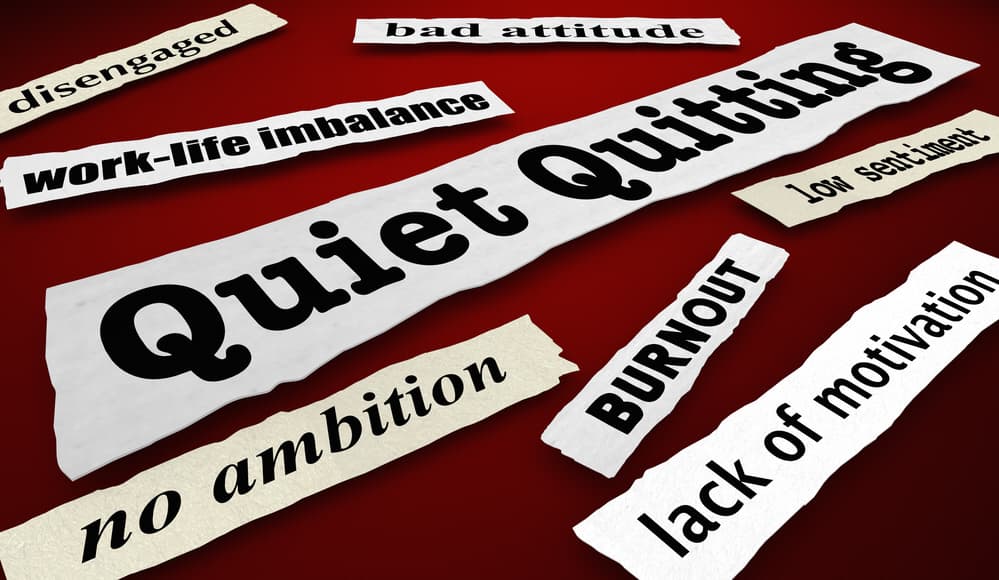
“Emotional intelligence, more than any other factor,
more than I.Q. or expertise,
accounts for 85% to 90% of success at work.
I.Q. is a threshold competence.
You need it, but it doesn’t make you a star.
Emotional intelligence can.”
— Warren G. Bennis
My work has changed dramatically since the pandemic in many ways.
• Has yours?
The obvious change for me is the blending of working remotely with being embedded within the organizations with whom I am working. My preference has always been to be hands-on when I am facilitating individuals, groups, and organizations in learning, planning, decision-making, and restoring relationships in support of the organization’s mission.
I have always believed that people are good, well-intentioned, able to learn anything if they want to, and capable of doing wondrous things together. Also, I have witnessed how resilient we can be. The past four years are a testament to our ability to adapt and bounce back.
Daniel Goleman, theorist of Emotional Intelligence, has identified adaptability as one of the essential E.I. competencies — along with self-awareness — needed to develop the other competencies that differentiate the performance of those who have the ability from those who do not.
The same goes for organizations. The organizations — large or small, profit or non-profit — that demonstrate their adaptability and ability to navigate change and grow the capability of their workforce along with the deepening of their relationship with their workforce, partners, and customers, will have a competitive advantage today and into the future.
My contribution as a consultant, coach, and facilitator is not just to intervene with the current pain points, but to anticipate future needs.
As organizations work through restructuring themselves in the new reality of a world that co-exists with deadly viruses, IT disruptions, fragile political climes, and change in every system that affects our lives, we find that we are no longer all in the same work environment — nor even in the same time zone.
This concerns me greatly. As our work became more global, we learned how to interact in different time zones. As our workforce grows more diverse, we are learning how to be more inclusive, create psychologically safe working environments, and develop working relationships with a virus that ebbs and rises. As we are learning to work remotely to get things done, we are also mastering alternatives to working.
But always with learning comes more questions.
• How should we structure ourselves to most effectively work the mission in service of our clients while supporting the healthiest workplace and work outcomes for all?
• What is the best way to organize ourselves to on-board new employees and graduates?
• How should we translate and nurture a culture
— That everyone owns?
— To innovate?
— To develop and mentor?
— To resolve conflicts and differences?
— To attract, retain, and utilize the talents of our workforce?
I admit to a bias that is steeped in experience. I believe that relationships are created, maintained, and repaired when we are together in community. The longer we stay remote, the more we become disconnected from seeing ourselves in a system, where it requires all of us to contribute in a way that coordinates our efforts to create desired outcomes. When we act like independent parts with no accountability to each other — which naturally can bleed away when we aren’t physically working together or communicating effectively —we lose our sense of system. And that, historically, is when breakdowns begin to occur.
The worst-case scenario, I believe, is one where we act as if we are ‘gig workers’ in a free-agent system, where we are attracted to staying and sticking with the work offered by the highest bidder. One where our motivation is money over community and culture.
I am never a gloom-and-doom person. I can always find the silver lining in any situation. While I know that some organizations are maintaining resonant cultures, deep managerial relationships, and exceptional performance in remote-work designs, I also know that it takes real commitment and a new set of leadership, managerial, and communication habits to make that happen. I also understand the other side of that coin — not all individuals are well-suited to working alone and remotely.
My work and contributions have changed because organizations haven’t been convening for planning, learning, or change for the past several years. It doesn’t mean that the need has gone away. No, organizations’ needs have increased in the last two years — but group work has not picked up.
I would observe that professional organizations are starting to hold conferences again and face-to-face learning experiences can be found. Sigh, but we have pivoted to a large percentage of our time still being spent in email exchanges, Zoom meetings, team video calls, and other remote ways of doing our work.
• Is the new order working for you?
• Are the new methods working for your workforce?
• Are the new methods getting work done but under performing with the ‘Important and Less Urgent’ activities like mentoring, learning, ideating, resolving, and planning?
• Is there a way to measure what is being lost in the way of our cultures and employee loyalty? (I will need to look up the most recent Gallup data from their Q12 survey to see the percentages of engaged and disengaged employees — but I do have a hunch!)
• What is today’s comparative level of quality, safety, and service to that of several years ago?
My concern is that Quiet Quitting is a symptom of more disconnects to come — if and/or when we don’t find a way to create an effective work/life community once again.
I know I am changing the way I interact and intervene, and that my future will be different in my work life. I am concerned that those who aren’t thinking about the future will find themselves with issues larger than those they face today.
• Do you have a sense of the future? Or insights you’d like to share?
Leslie
“In a high-IQ job pool,
soft skills like discipline, drive, and empathy
mark those who emerge as outstanding.”
— Daniel Goleman



Recent Comments